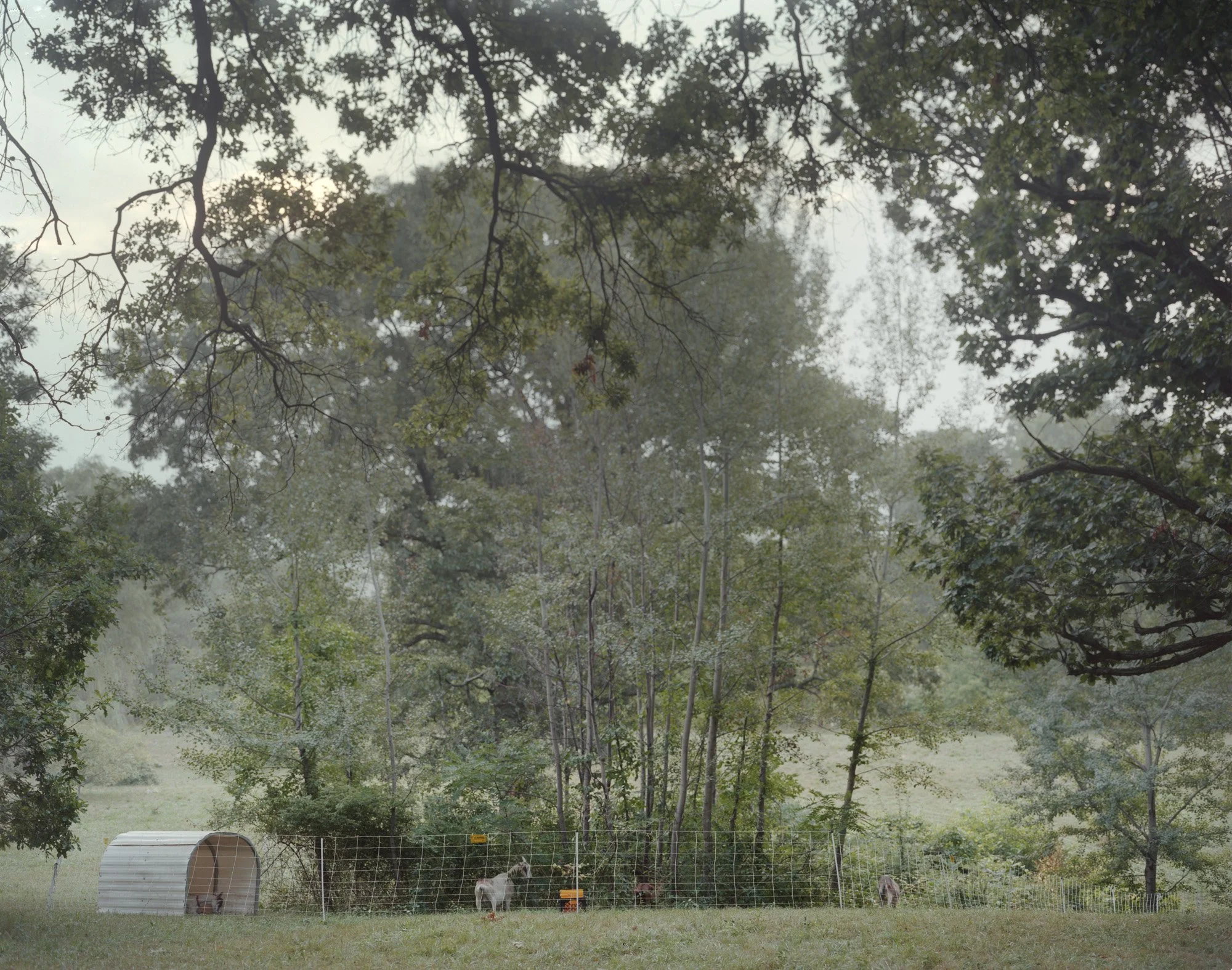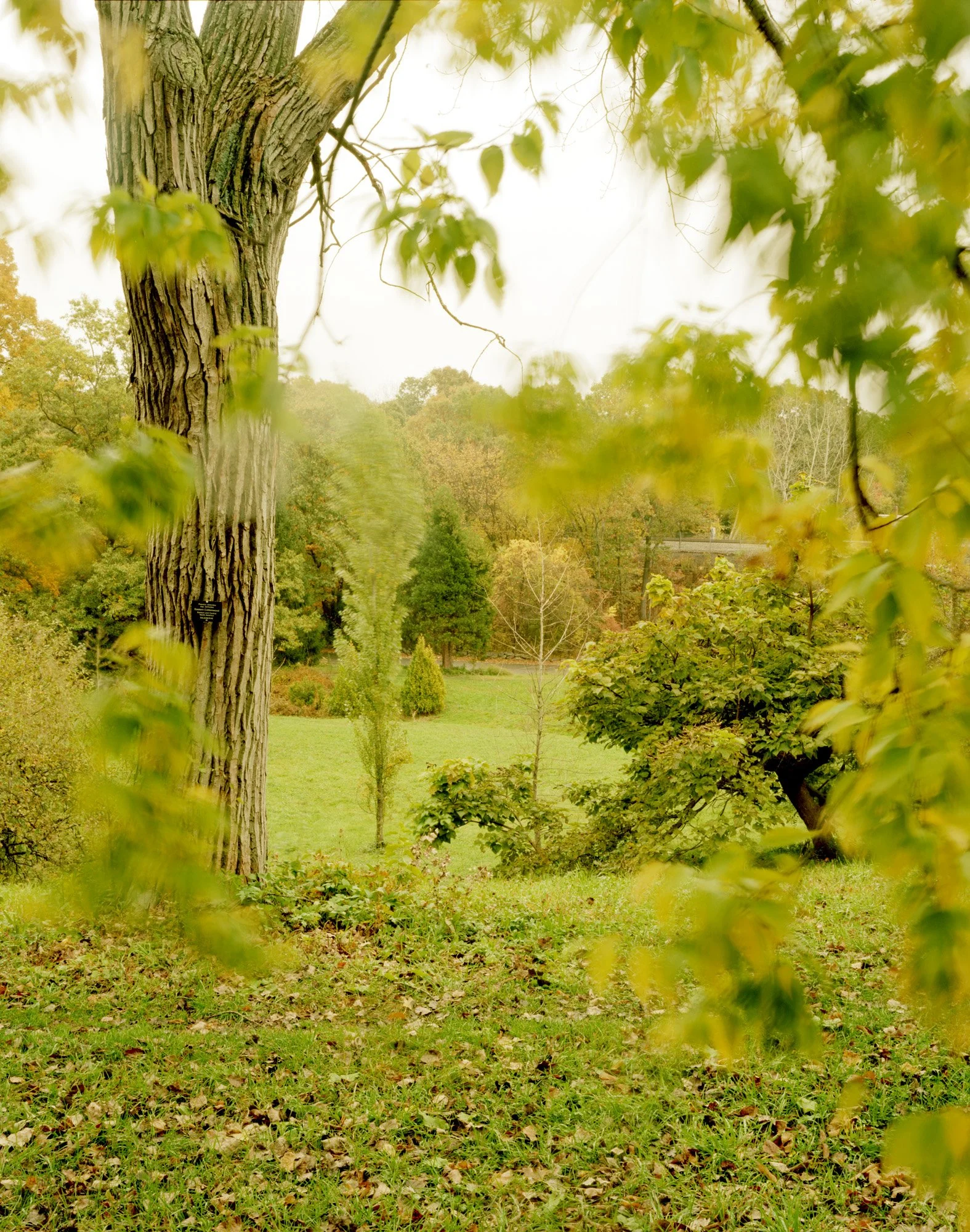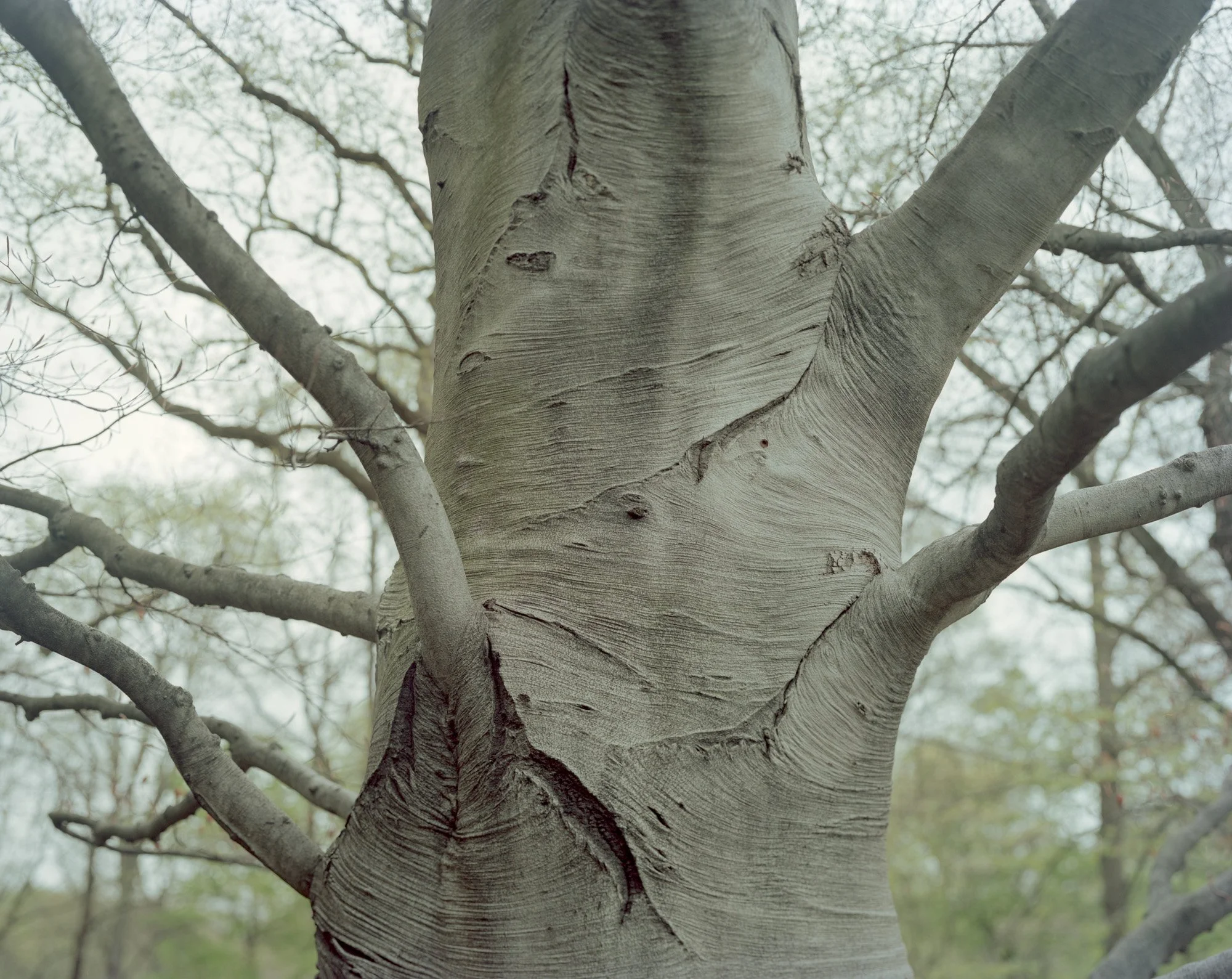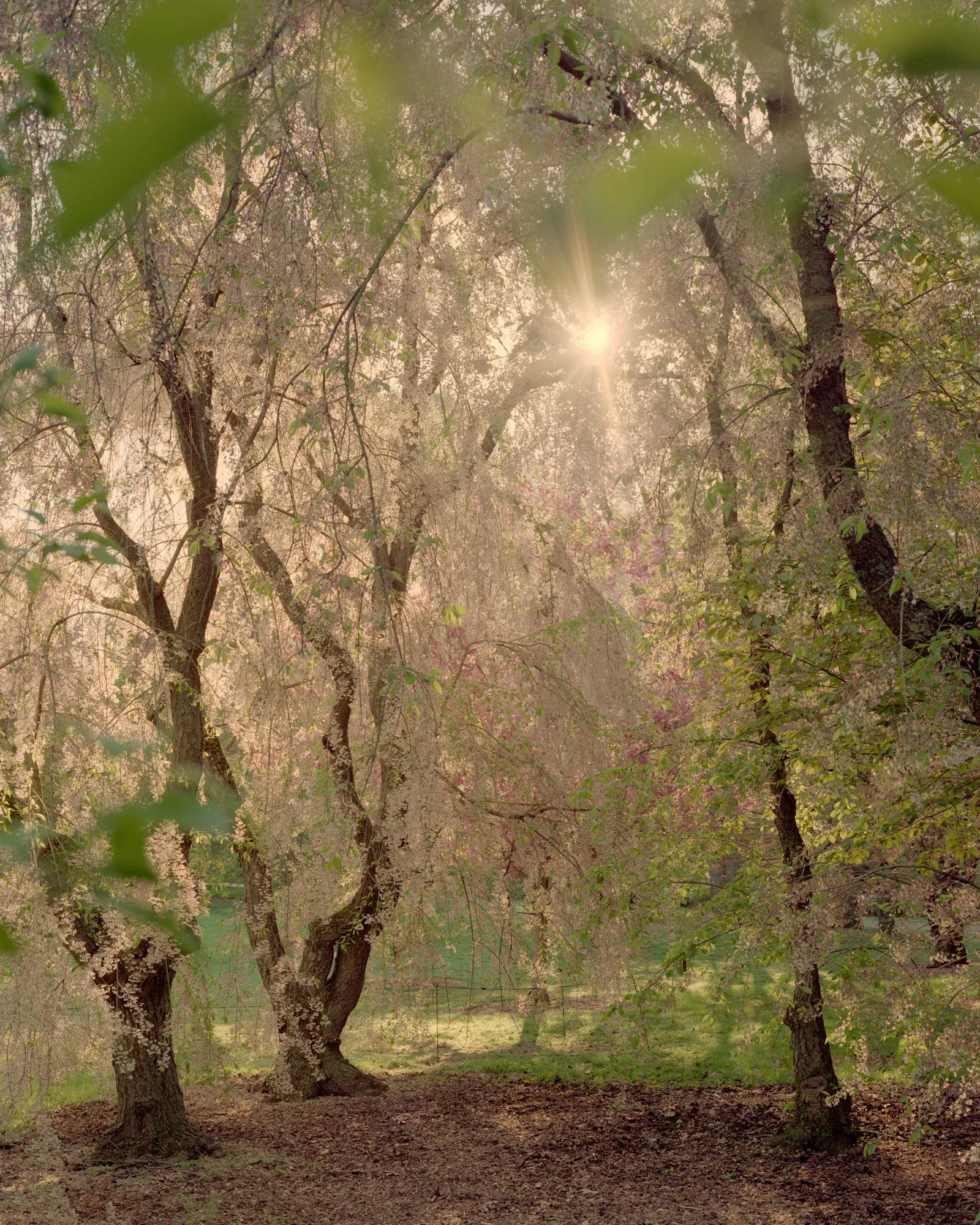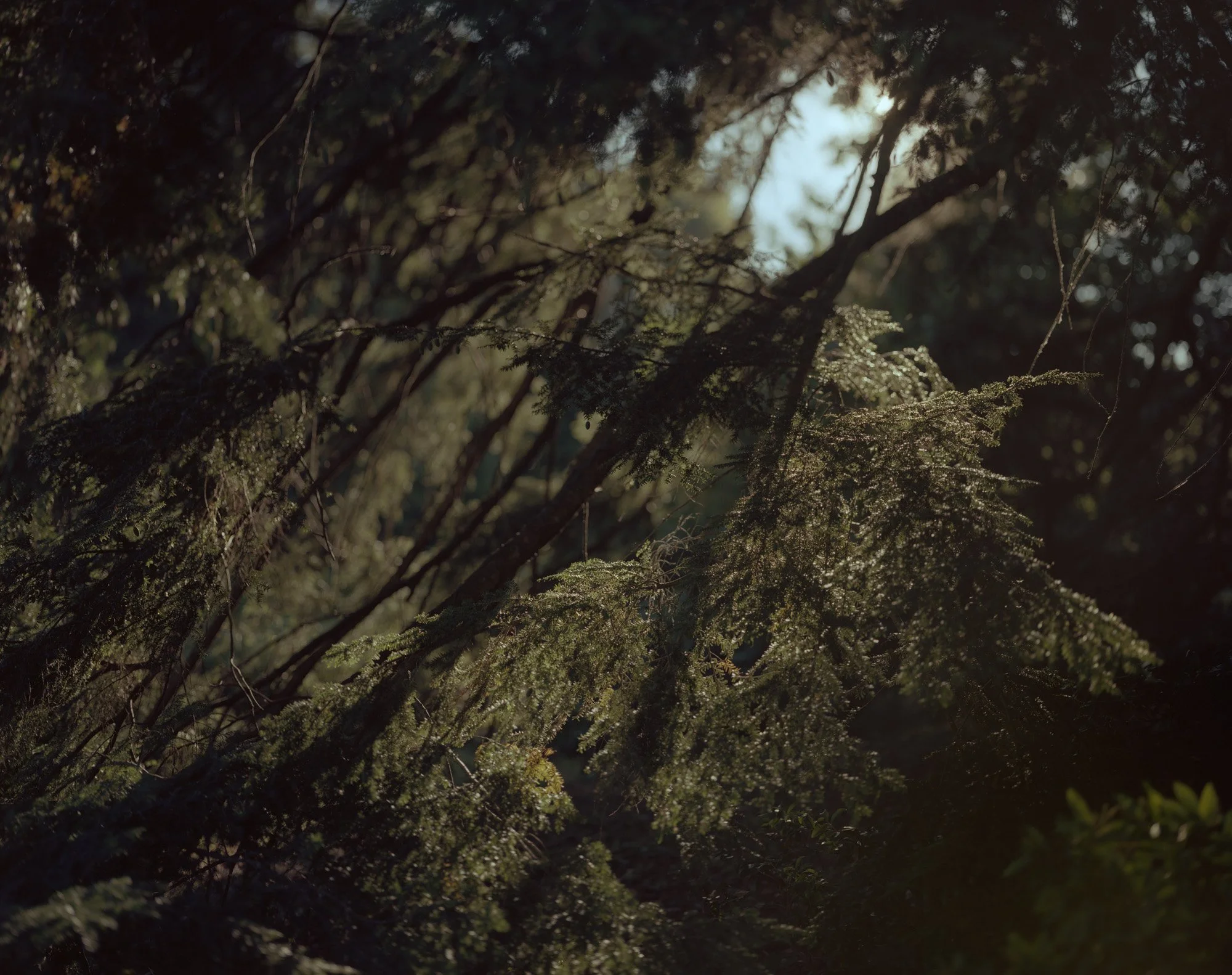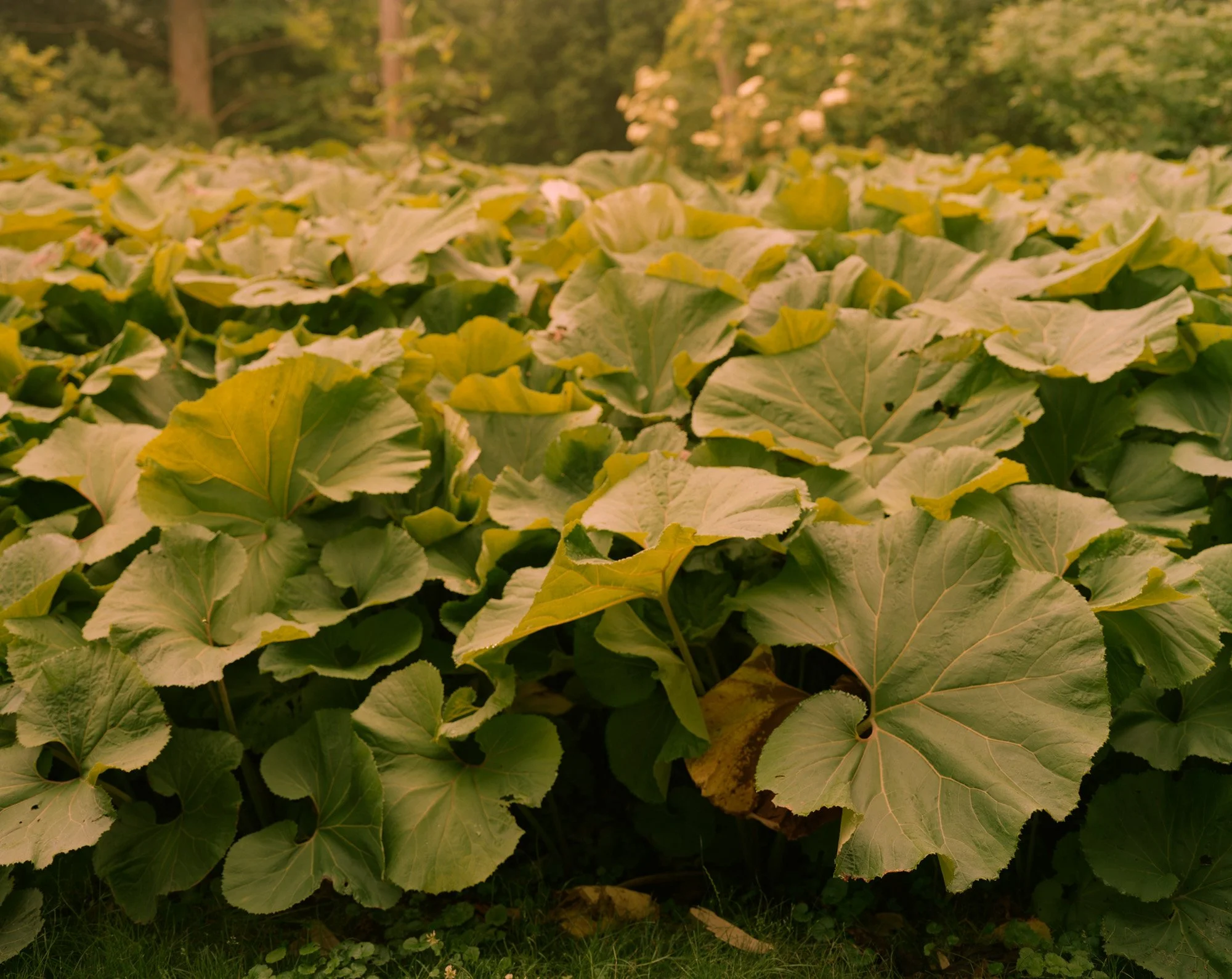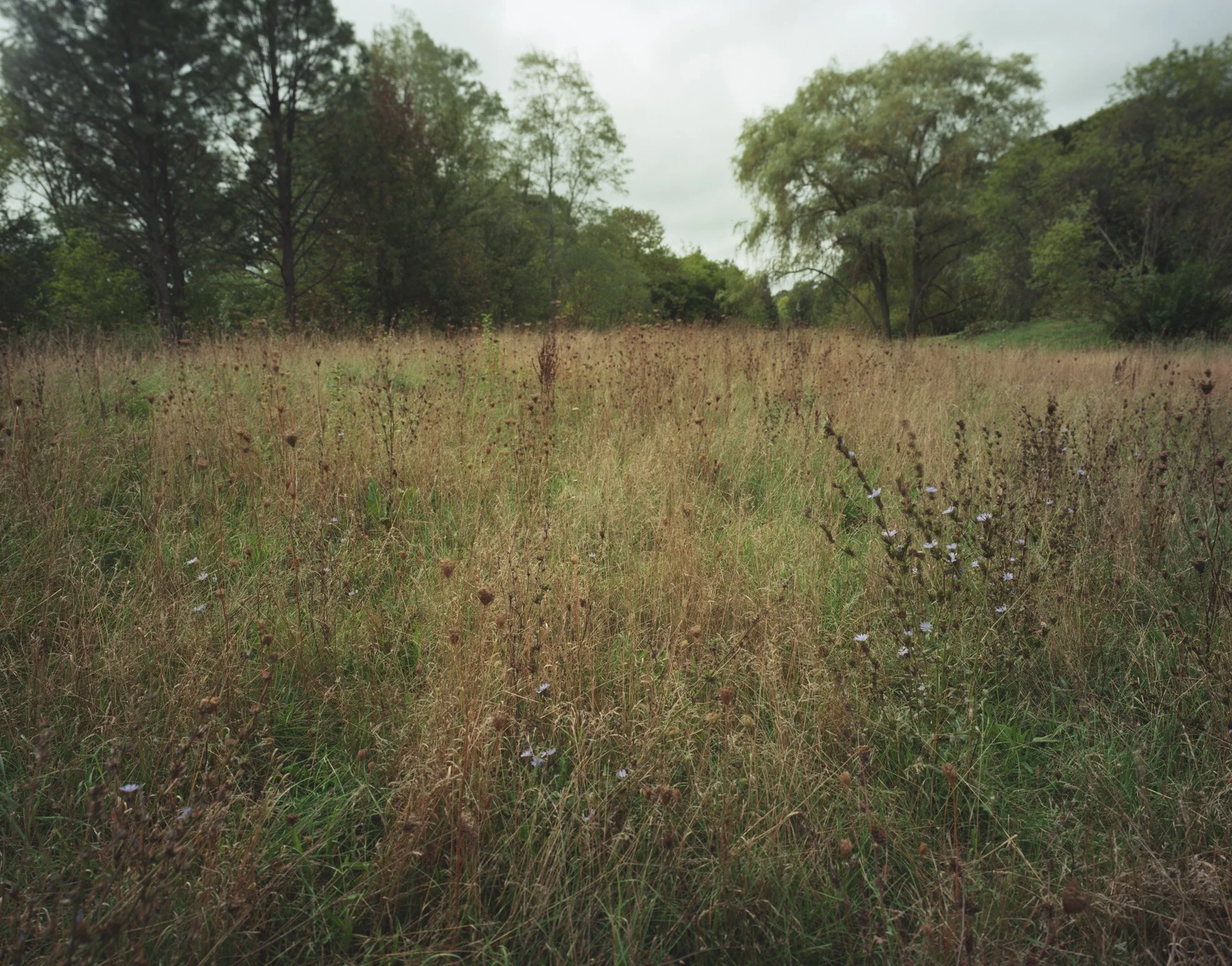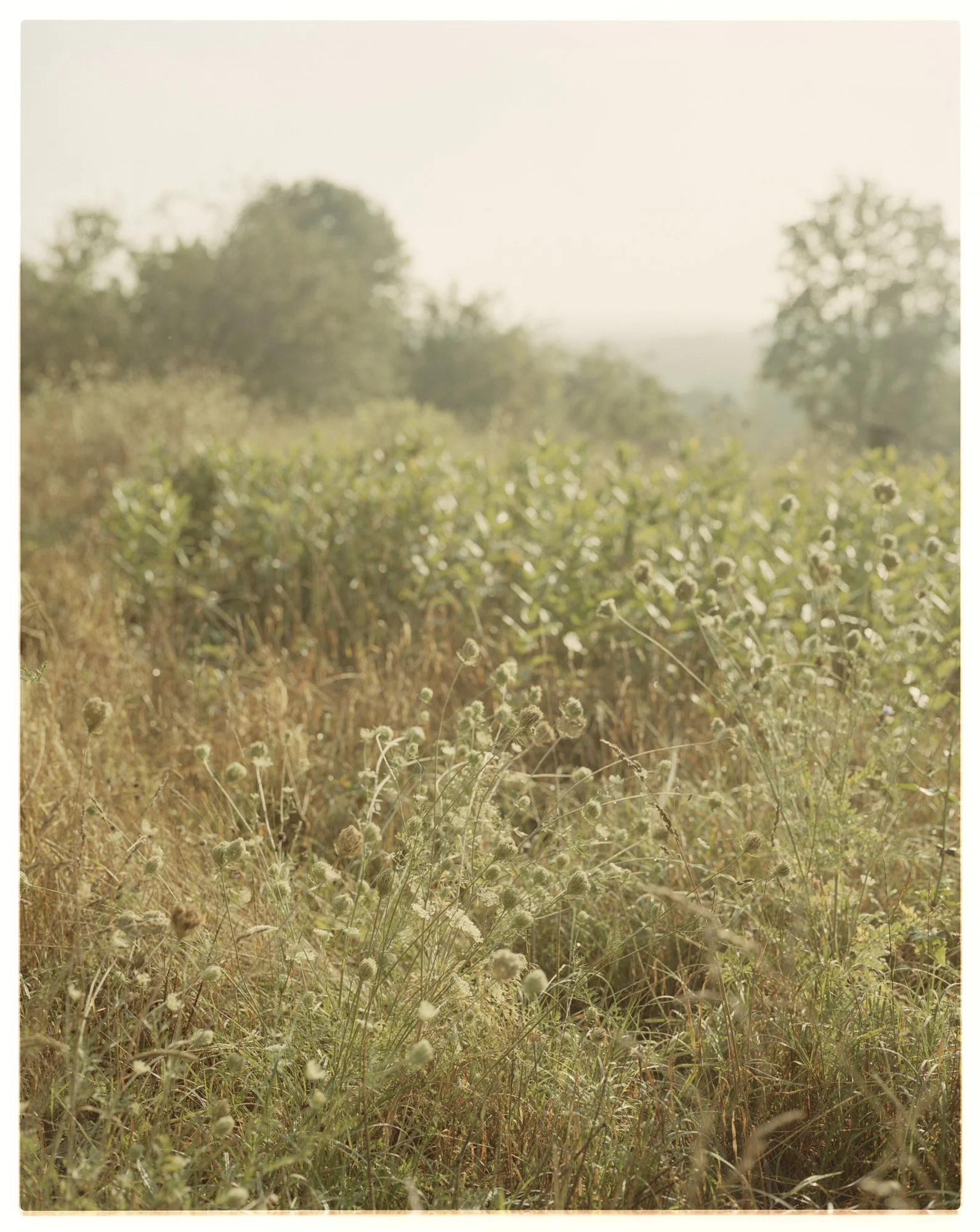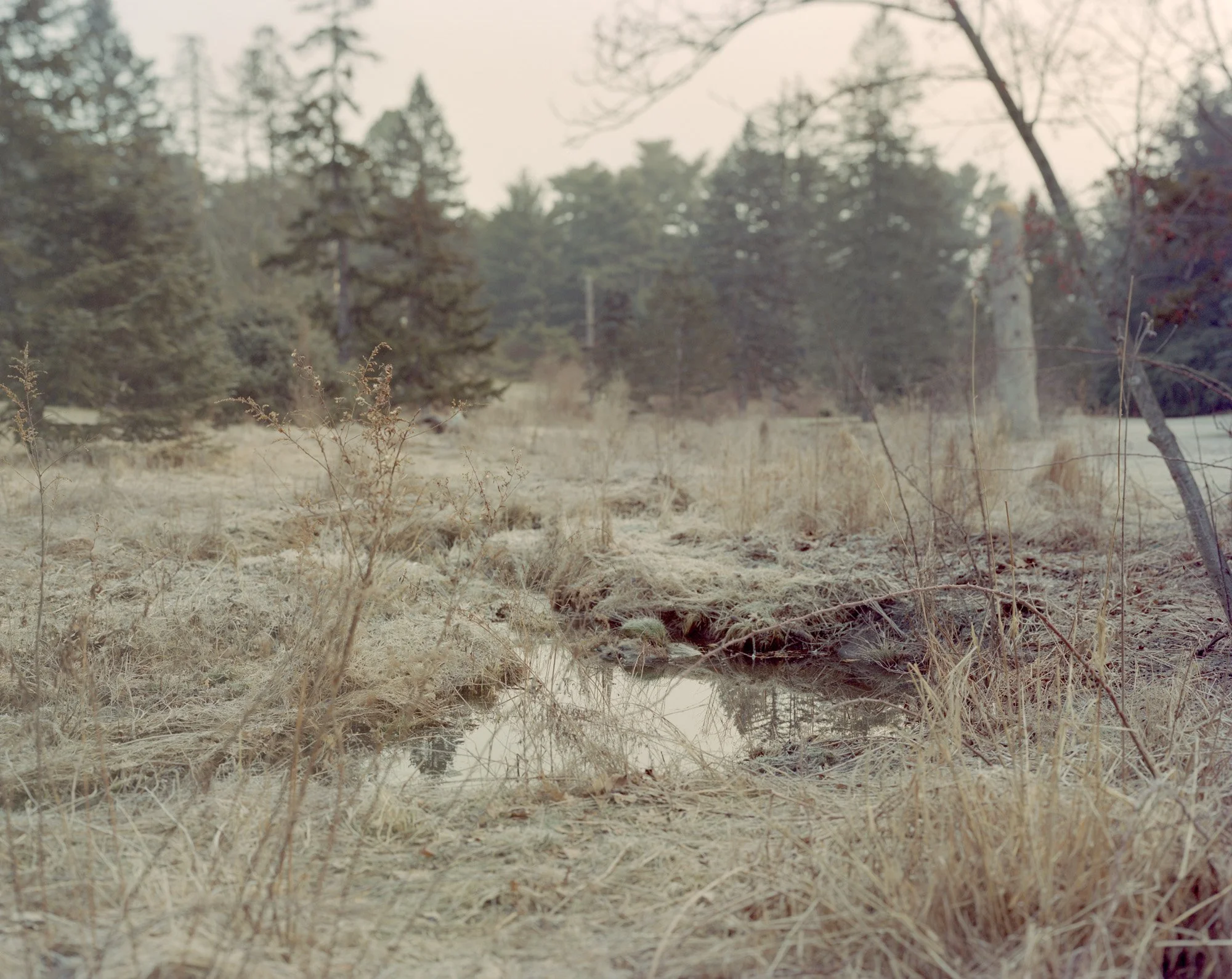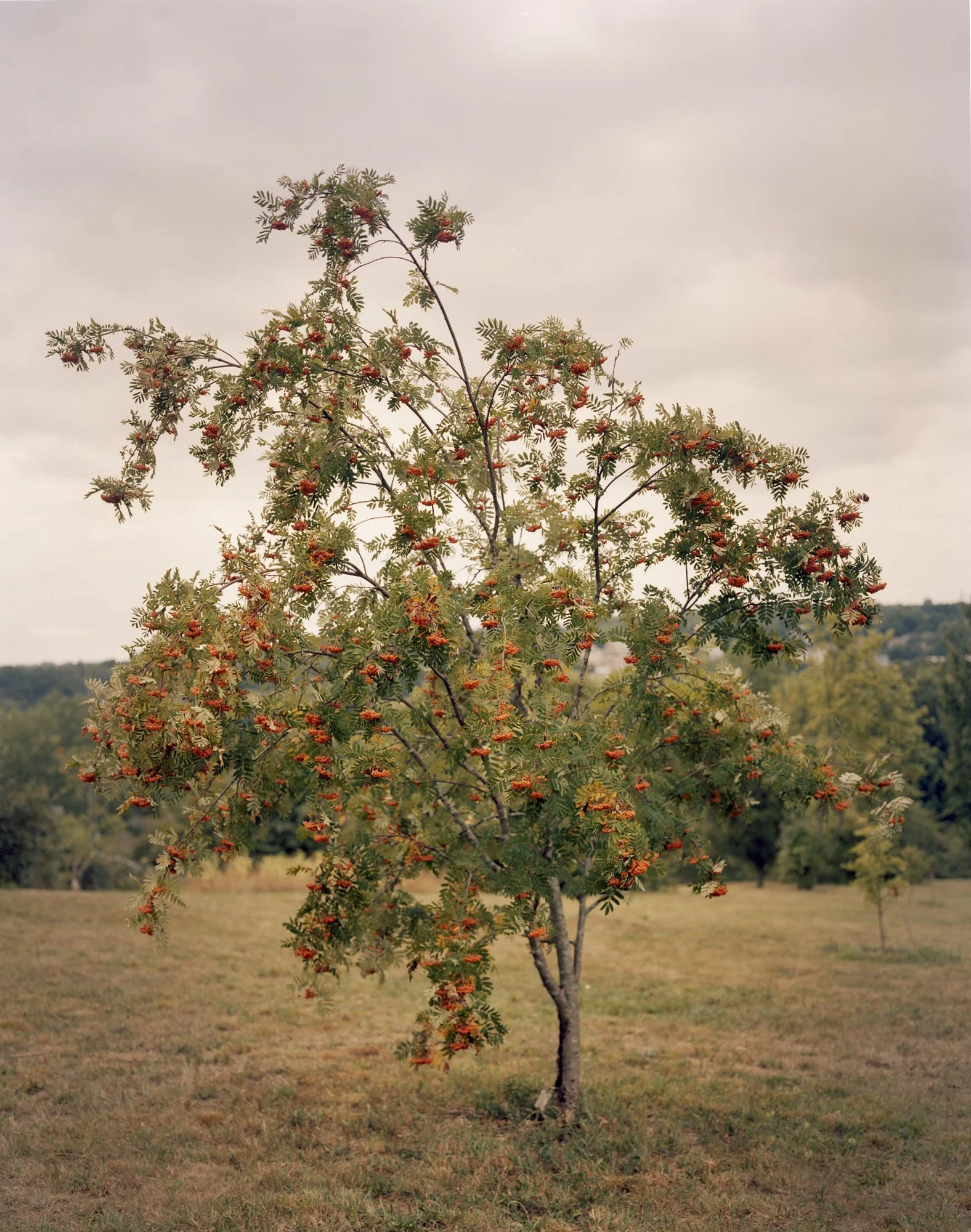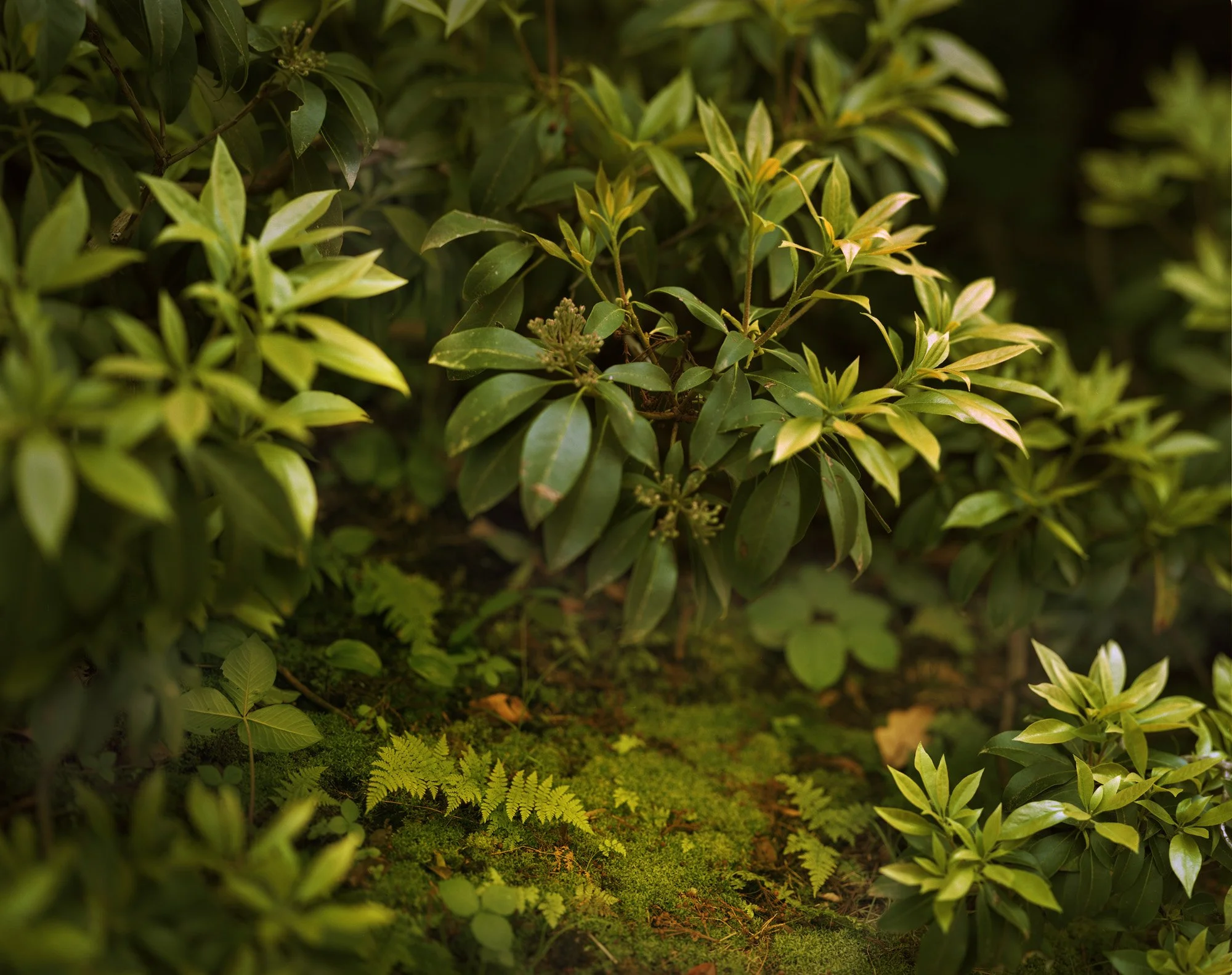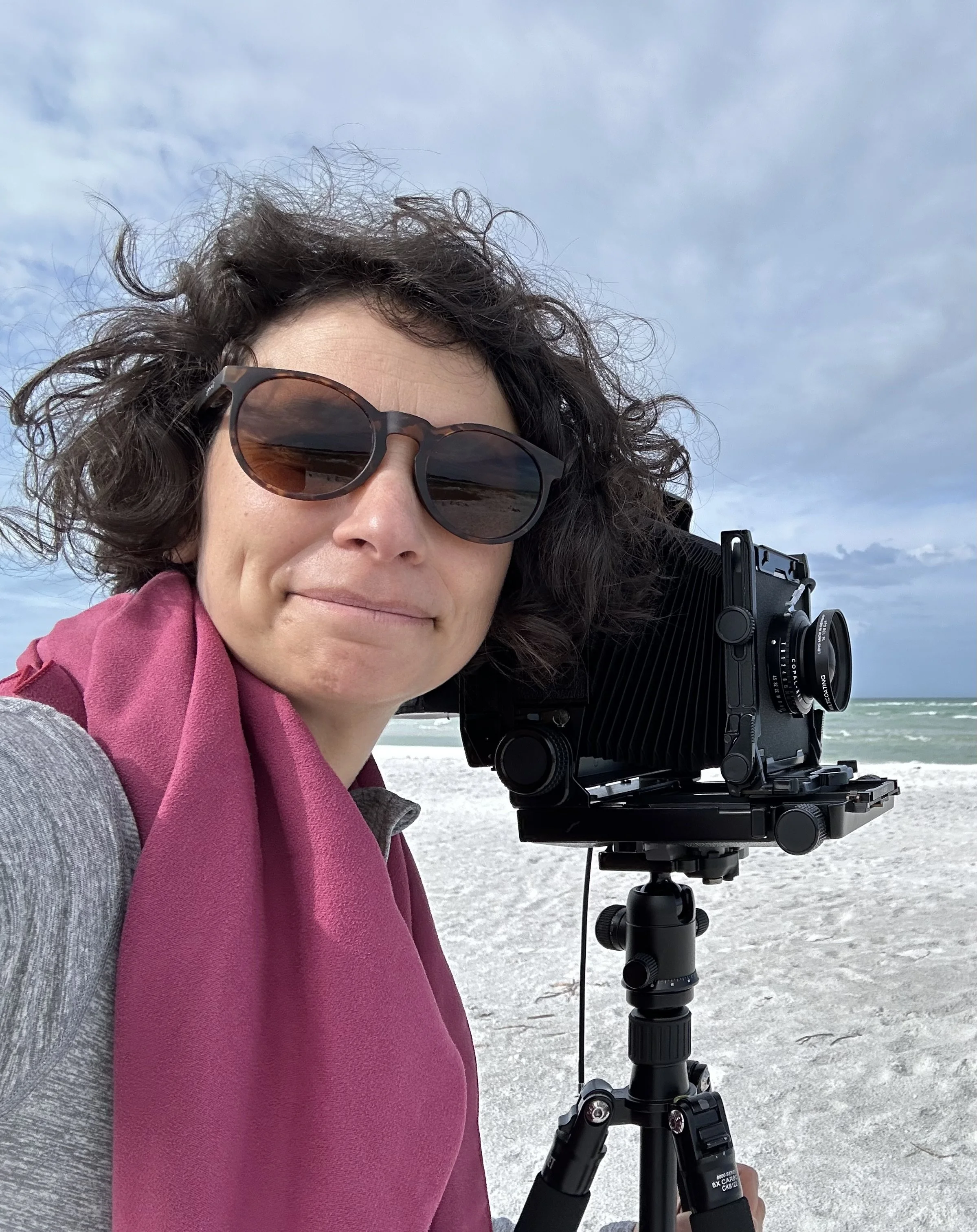Rachel Loischild
We are delighted to feature the works of Rachel Loischild . Rachel is a Boston-based artist working with large-format analog photography, archival research, and geography to explore themes of race, class, gender, capitalism, climate change, and colonialism. Her work has been exhibited nationally and internationally, with features at the Griffin Museum of Photography, Jeonju Photo Festival (Korea), Cosmos Arles Books (France), and the Filter Photo Festival (Chicago).
She is a recipient of a Massachusetts Cultural Council Fellowship, multiple City of Boston Opportunity Fund grants, and a Berkshire Taconic ART grant. Her work is held in the collections of Yale’s Beinecke Library, the Fitchburg Art Museum, and the Magenta Foundation. We are so pleased to add her works to our ever growing collective.
Steven Duede - Aspect Principal
A Curated Forest
I have known Rachel Loischild’s work for well over a decade, and it stays with me. In all of her bodies of work she is able to pinpoint the human experience and tell visually complicated stories in a poetic manner. It is a challenge to create images that evoke feelings of home and family in virtually any space, but Rachel’s landscapes do, while capturing layers of history that are felt rather than seen. Rachel and I are in the midst of planning an exhibition of the Quarantine Islands series (opening in early 2026), which has grown considerably in the past ten years.
Rachel’s photographs have always complicated spaces, while also seeking to domesticate the outdoors. Her Quarantine Islands work places domesticity in a jarring light, and the same can be said about A Curated Forest, in which she examines how human intervention shapes our understanding of the natural world. Rachel’s series often deal with ideas of home and place in unexpected ways, and they usually involve dissolving the barrier between interior and exterior space.
This is evident in her newest series, Heirs’ Property, as well, which is about displacement and loss, and emphasizes the significant role “home” plays in all of our lives, and how documenting contested spaces is vital to preserving memory and legacy. Identifying the harm humans have mapped upon the natural landscape, and contrasting images of untamed land with a history of violent possession is a unifying thread in all of Rachel’s most recent work. As a careful and curious observer of people and places, Rachel captures the landscape with an eye to the history that has been imprinted on it.
Jessica Roscio
Director and Curator, Danforth Art Museum
A Curated forest presents a mediated view of the classic landscape, using the Arnold Arboretum as a lens to explore our understanding of nature as a constructed narrative.
A Curated Forest presents a mediated view of the classic landscape, using the Arnold Arboretum as a lens to explore our understanding of nature as a constructed narrative. Bridging environmental humanities and landscape photography, the project examines how human intervention—and the legacies of colonial science—shape our understanding of the natural world.
Founded in 1872 and designed by Frederick Law Olmsted, the 281-acre Arboretum is now managed by Harvard University and houses over 16,000 plant specimens, including the world’s most comprehensive collection of woody plants. Yet this collection is inseparable from the imperial project of 19th- and 20th-century botany, when Western institutions dispatched plant collectors across the globe to extract specimens from colonized and contested lands. Plants were cataloged, exchanged, and transplanted into gardens and arboreta in Europe and North America, transforming landscapes at home while reinforcing systems of empire, commerce, and scientific authority. The result is that what appears today as a serene and “natural” idyllic woodland is in fact a curated display of global conquest: Himalayan pines, Chinese ginkgoes, and Japanese maples stand side by side, arranged to showcase taxonomic order rather than ecological relation. In walking the Arboretum’s paths, one is not simply moving through a local ecosystem, but through a living archive of empire, where the legacies of extraction and displacement are naturalized into the very fabric of the landscape.
Despite its appearance as a natural environment, the Arboretum is carefully engineered and maintained. Ironically, invasive species constantly threaten its balance, prompting active interventions—including the introduction of goats to control unwanted growth. Through these photographs, the project reveals the tension between beauty, ecology, and the Arboretum’s imperial entanglements, ultimately questioning how we engage with, define, and preserve nature in an increasingly controlled and manipulated world.
Rachel
Rachel Loischild
Rachel Loischild
Rachel Loischild is a Boston-based artist whose works bring together large-format analog photography with history, geography, and archival research to examine issues of race, class, gender, capitalism, climate change, and colonialism.
Loischild has been awarded a Massachusetts Cultural Council Fellowship in Photography, multiple grants from the City of Boston Opportunity Fund, and a Berkshire Taconic ART grant. Her work has been featured at the Filter Photo Festival in Chicago, the Danforth Museum of Art, the Monmouth Museum, the Cosmos Arles Books Festival in France, and solo exhibitions at the Griffin Museum of Photography and the Jeonju Photo Festival in Korea. Loischild’s work has been featured and published in both print and online media. It is held in Yale University’s Beinecke Rare Book & Manuscript Library, the Fitchburg Art Museum collection, and the Magenta Foundation.
Visit: Rachel Loischild

